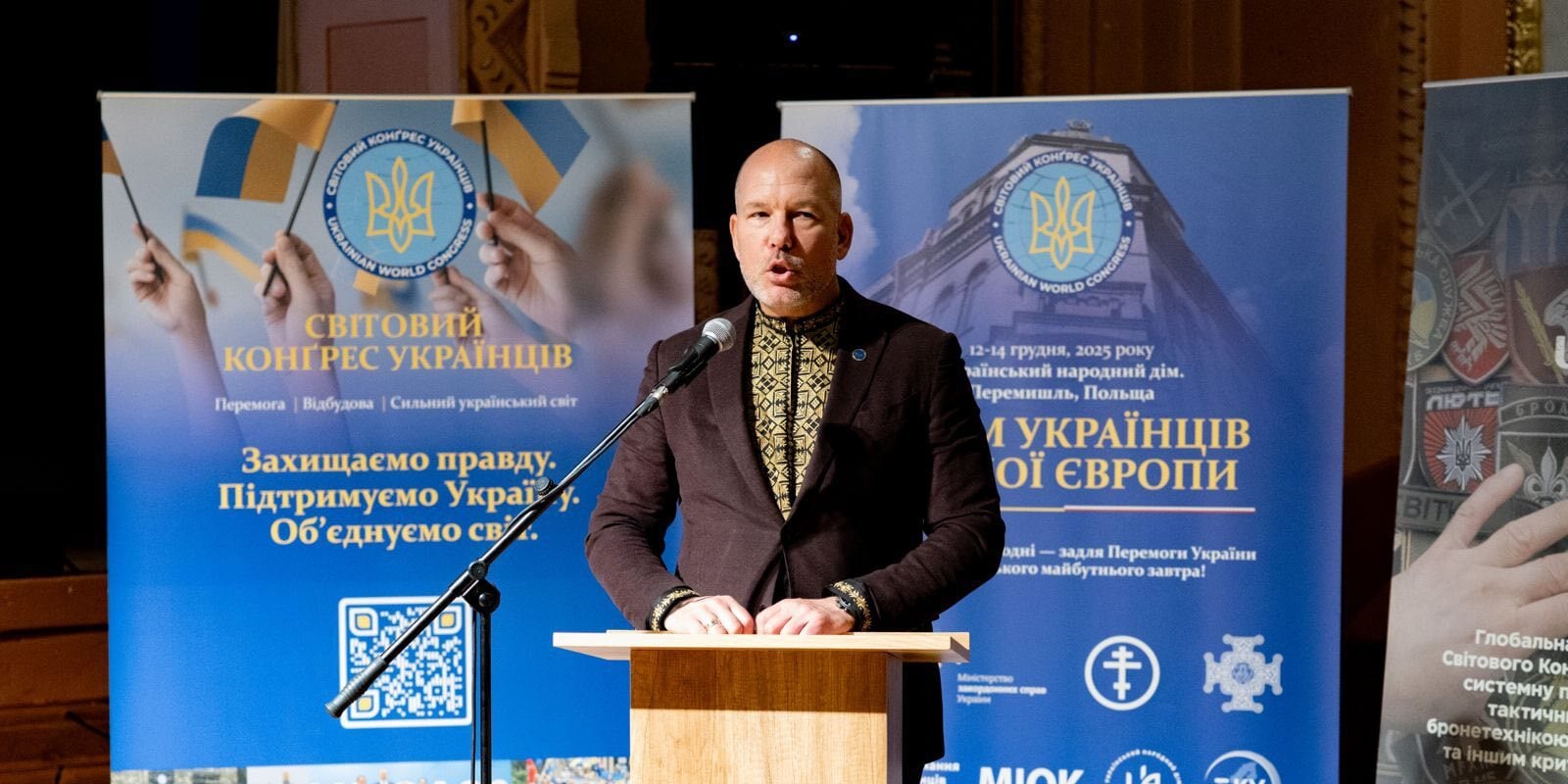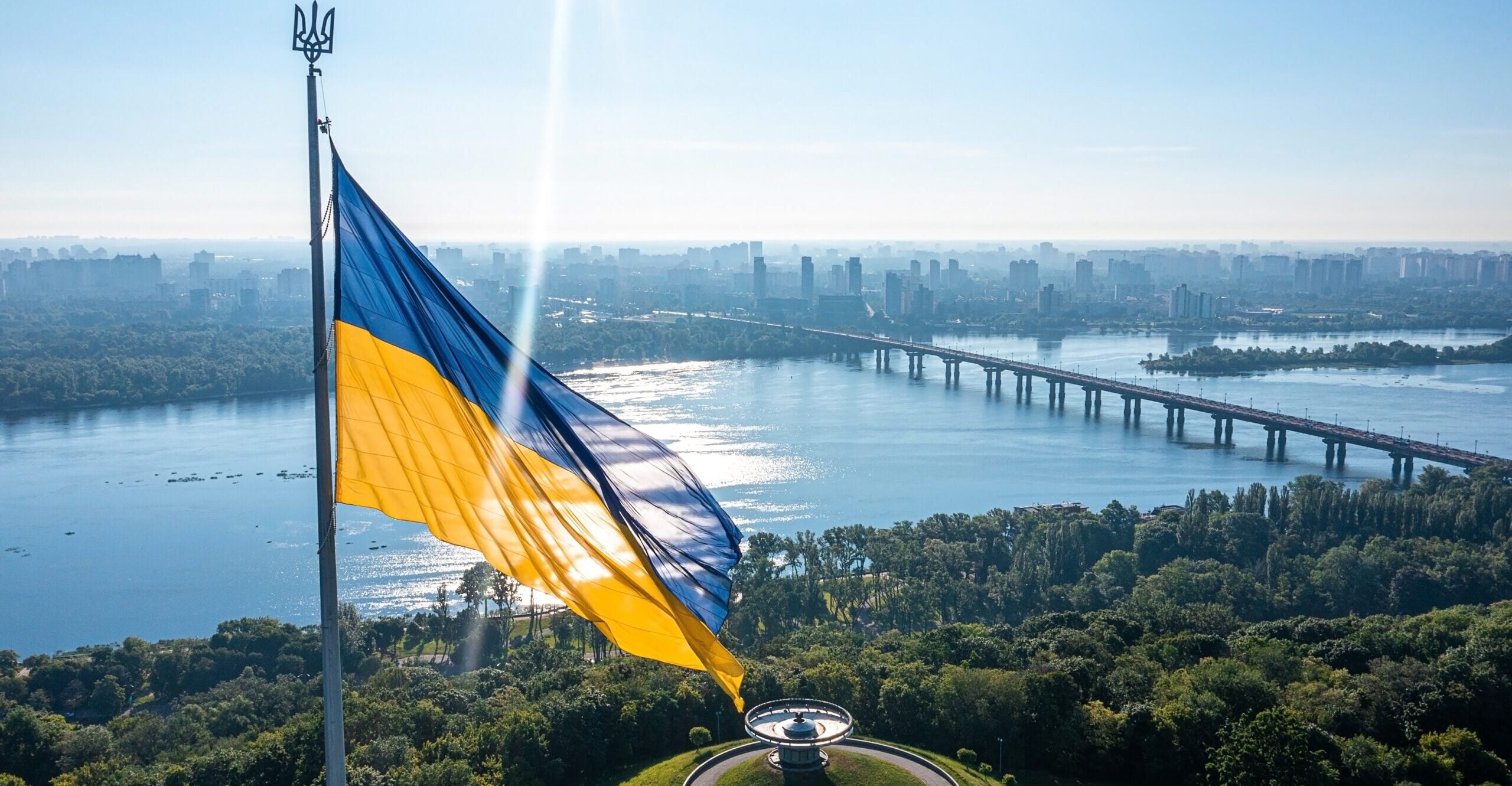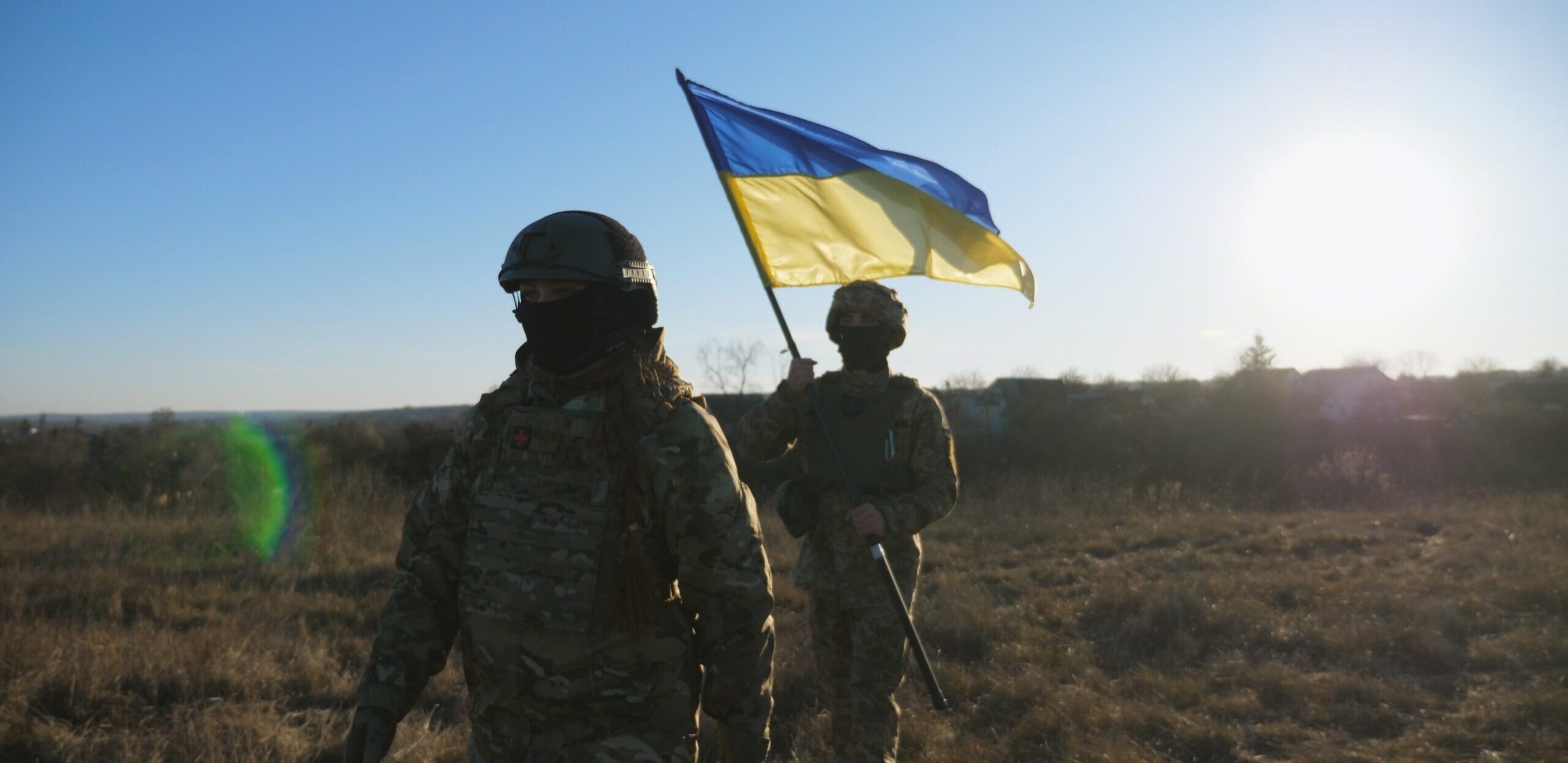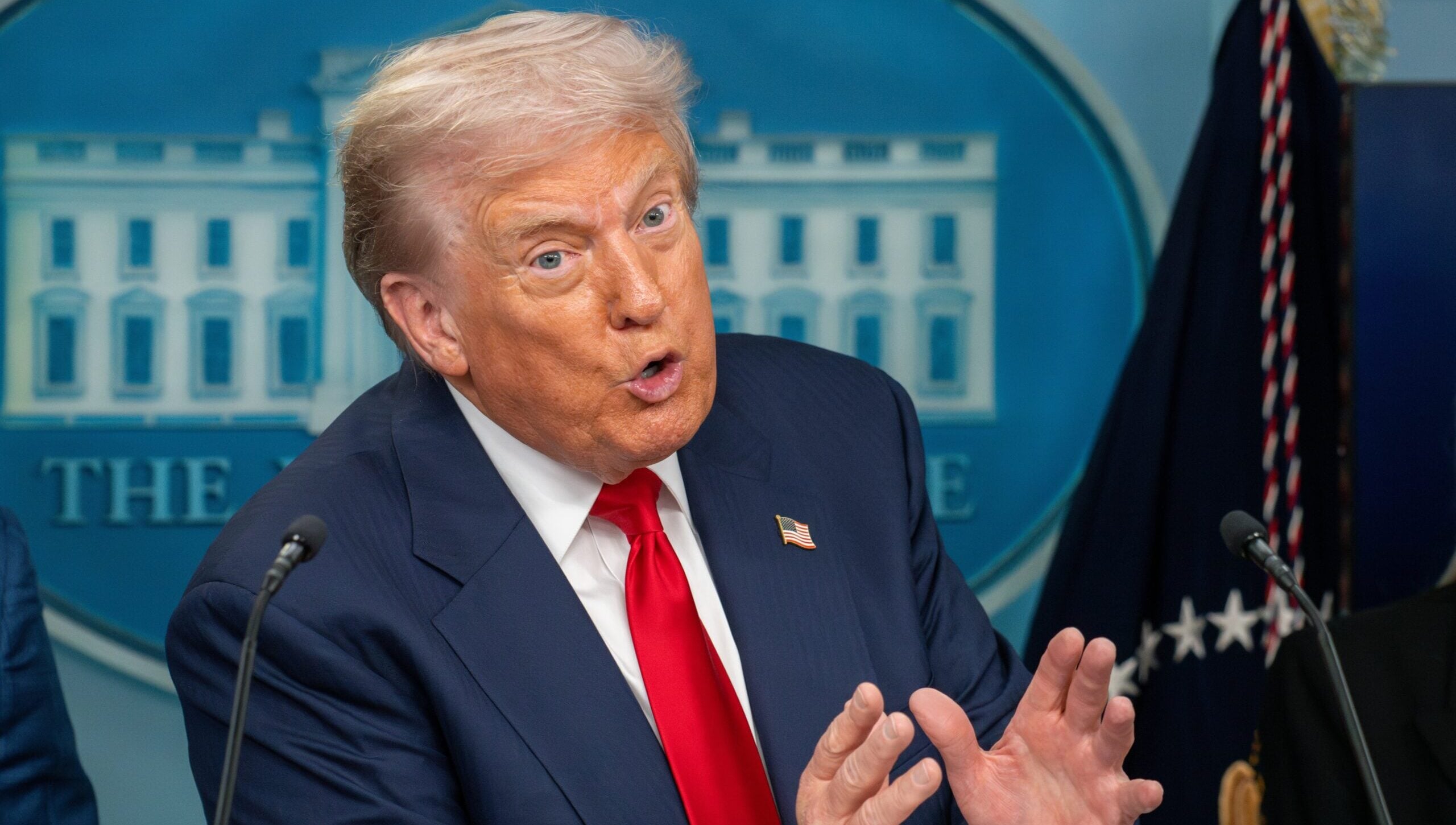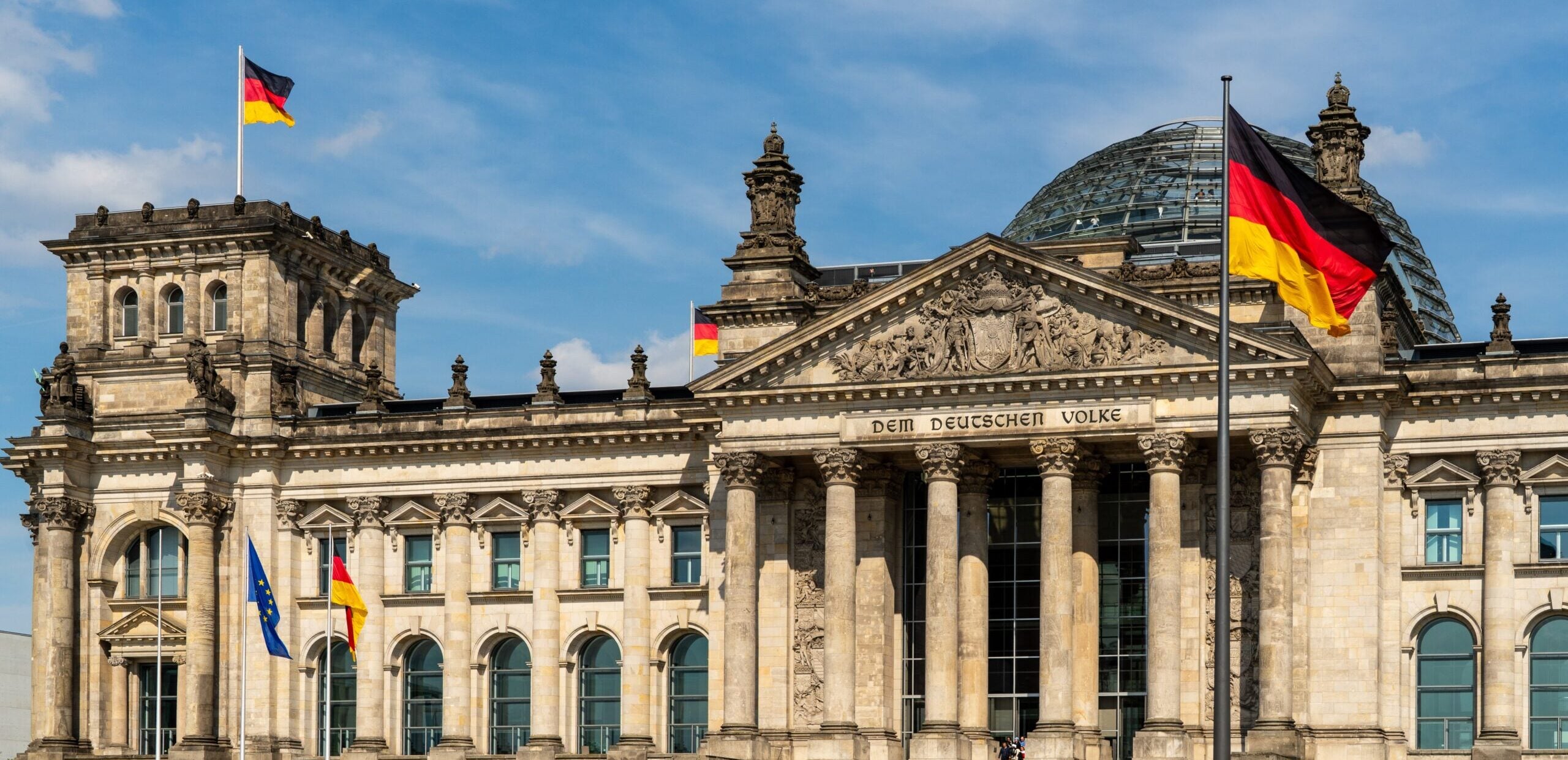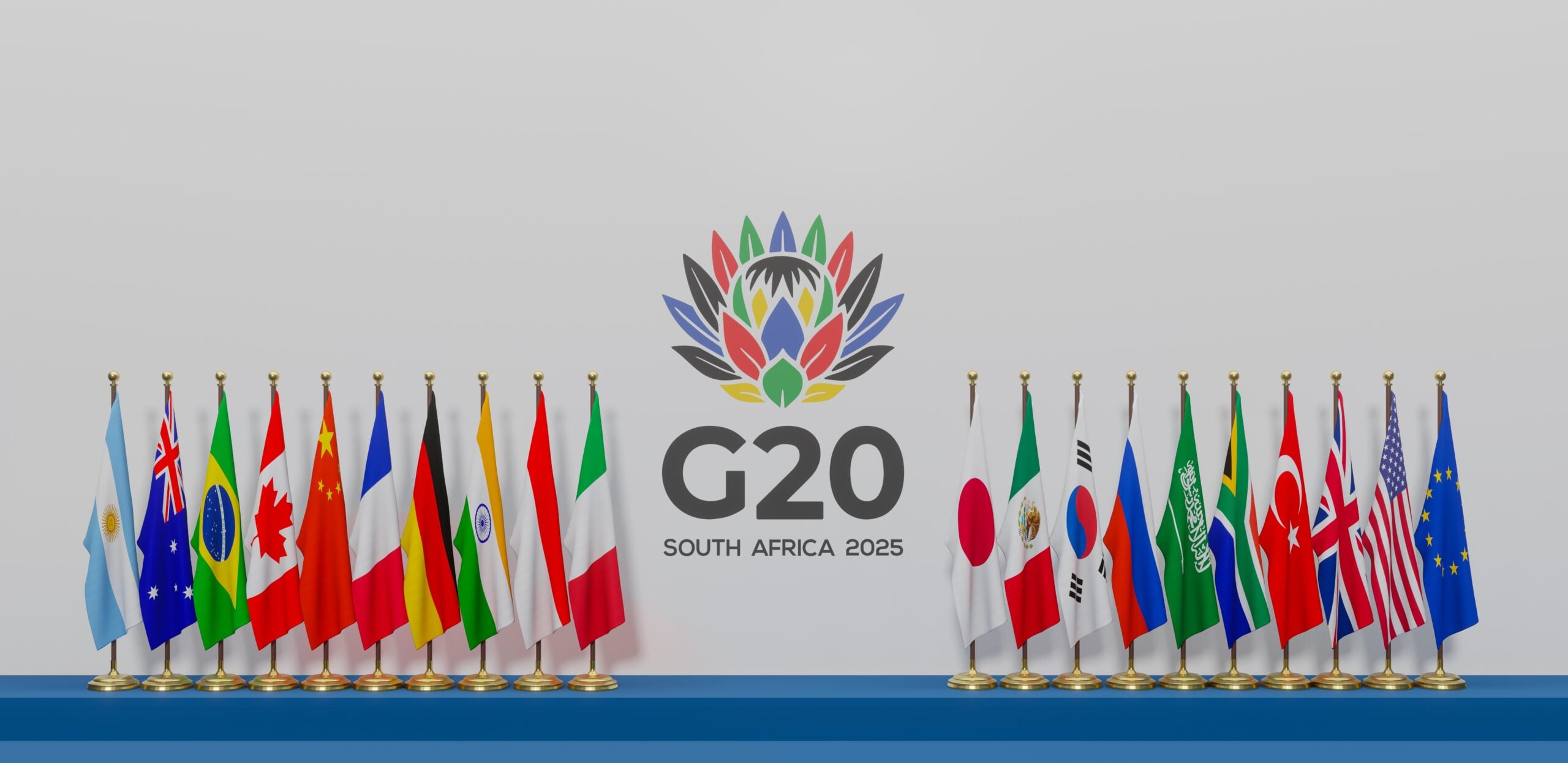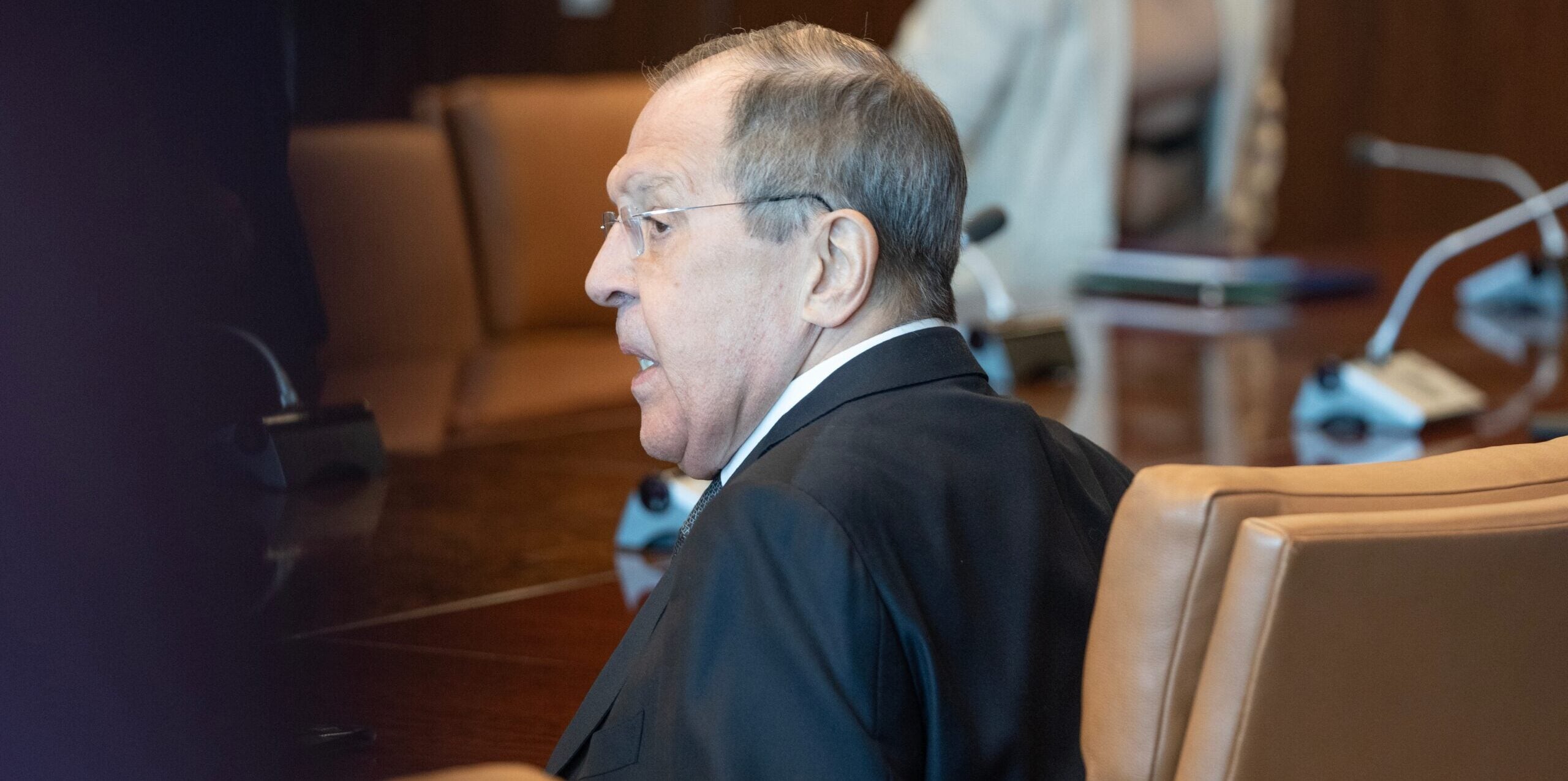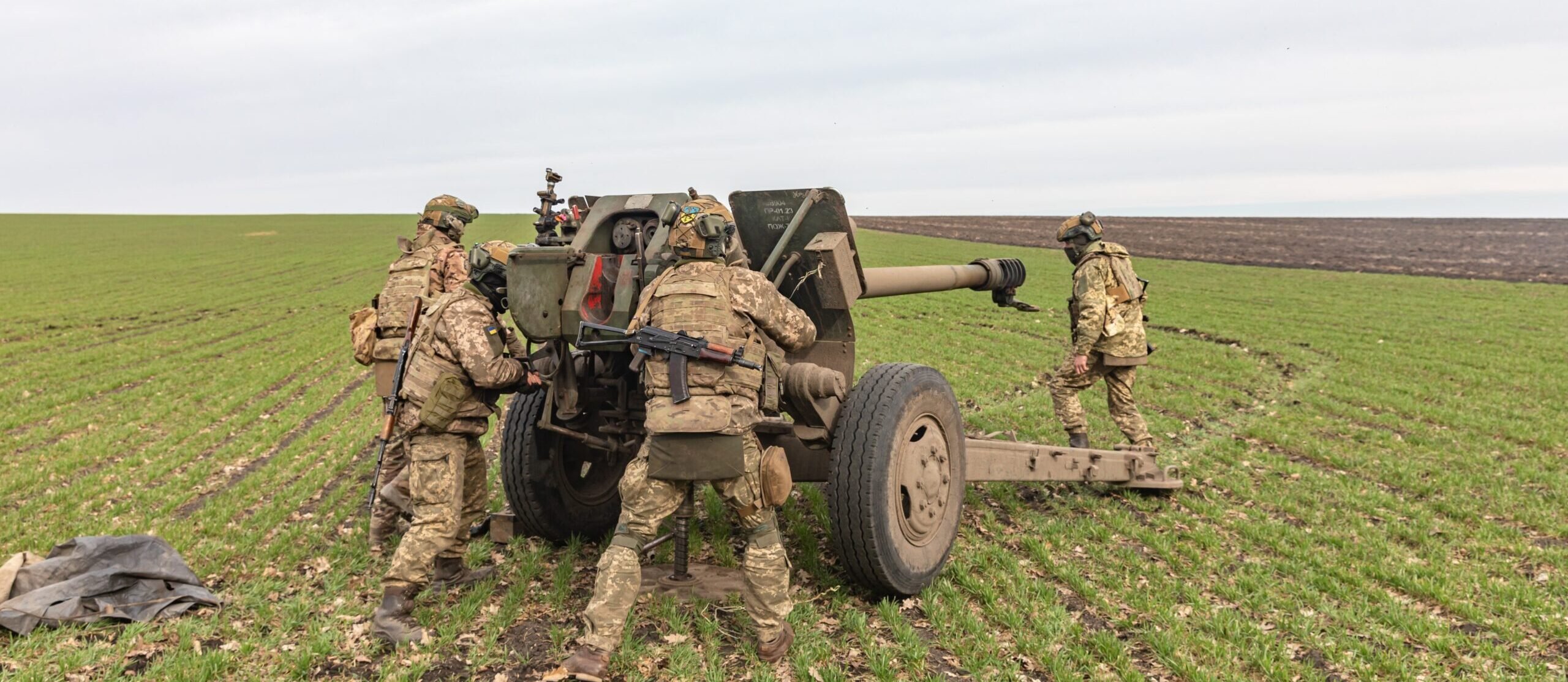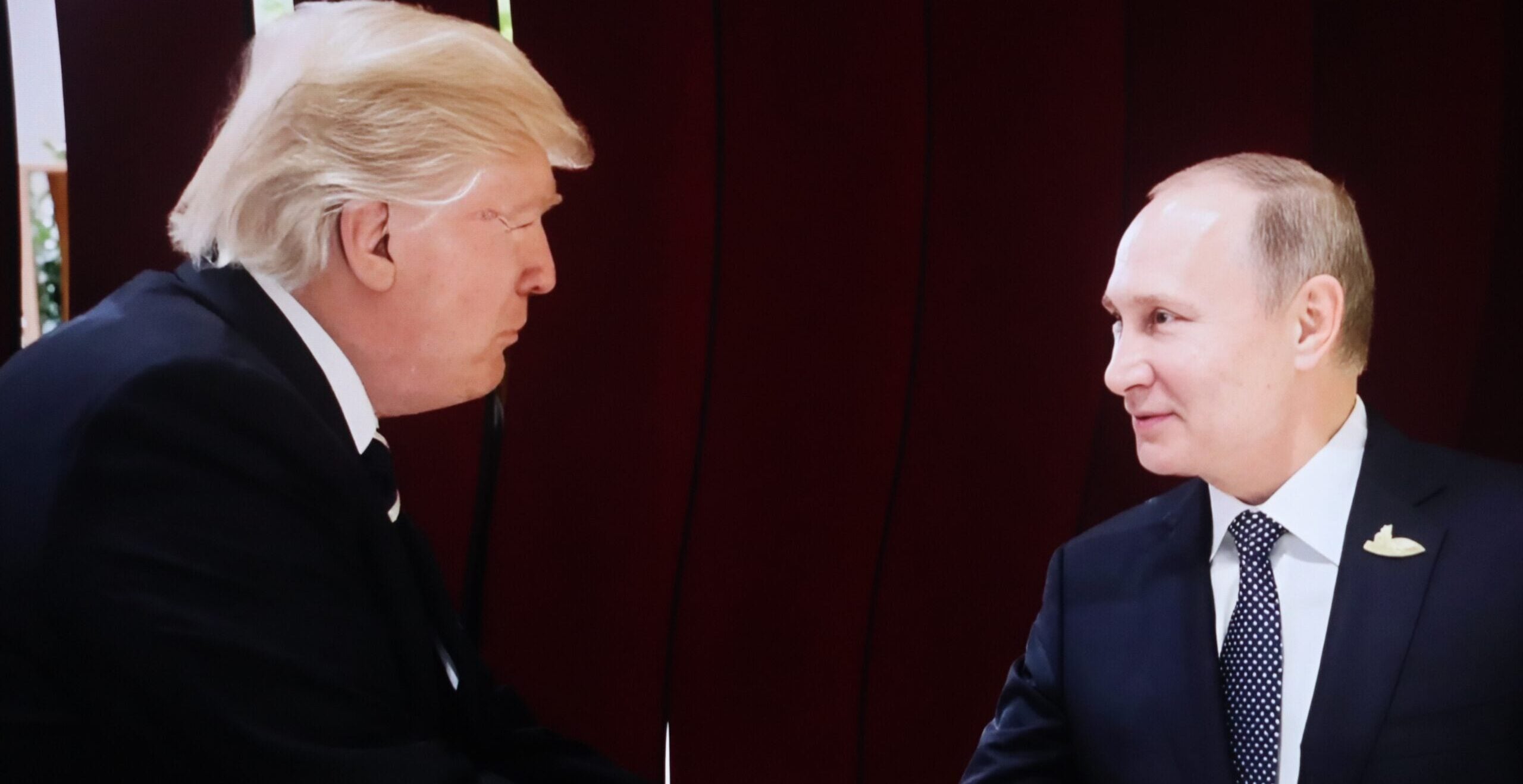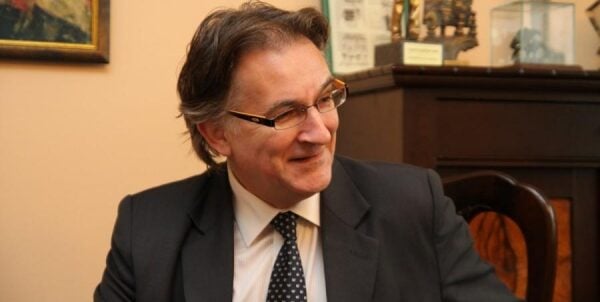
An informal meeting of ministers on general issues and EU cohesion policy is underway in Spain. The main topic of the meeting is internal preparation for the possible expansion of the European Union to 36 member states. In addition, it is planned to discuss the strengthening of support for candidate countries.
In January, Laurence Boone, Secretary of State for European Affairs of France, and Anna Lührmann, Minister of State for Europe and Climate of Germany, gave a mandate to a group of 12 independent French and German experts to work on a plan for institutional reforms in the perspective of expanding the Union, said Zenon Kowal, Political Advisor to the Association of Ukrainians in Belgium and Special Advisor to the Embassy of Ukraine in Belgium (1992-1995). The group of experts presented its report to the Council of Ministers on September 19.
“Currently, the European Union has 27 members; talks are ongoing about the membership of Ukraine, possibly Georgia, Moldova, and the Balkan countries. This will be a significant expansion, so reforms are necessary so that possible changes do not have a negative impact on the structure and work of the EU,” Kowal said.
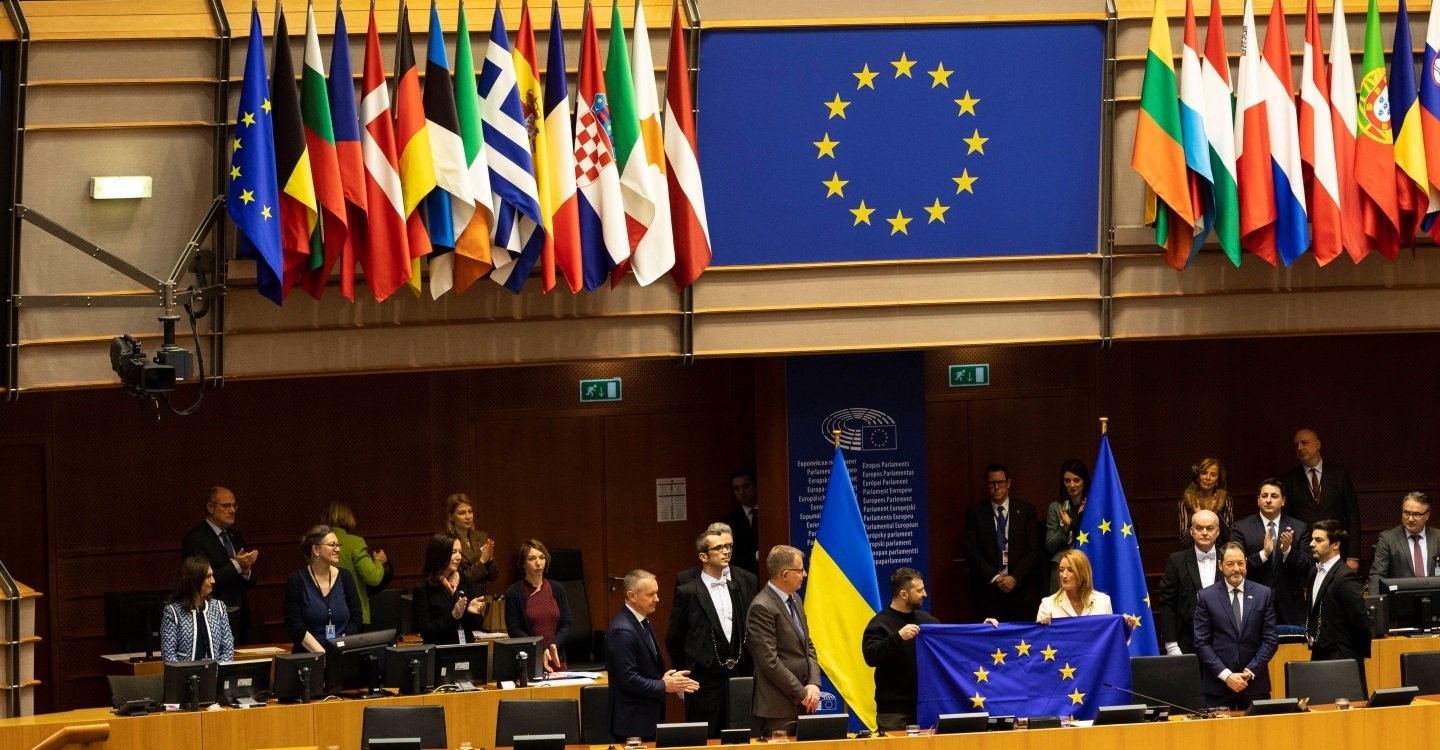
Today, three aspects of improving the functioning of the EU before the accession of new members are considered. It is about improving the Union’s ability to act concretely, direct preparation for expansion, and strengthening the practice of the rule of law among EU members, Kowal explained.
“Separately, there are ongoing conversations about the democratic legitimacy of the European Union and what needs to be done so that the citizens of the countries feel like real citizens of the EU,” Kowal said.
The appearance of new members will also trigger changes in the institutions of the European Union. “Today, the European Parliament has 751 members. The EU does not plan to increase this number. Therefore, when new countries come to the European Union, it will be necessary to find a place for the new arrivals. That is, it will be necessary to revise the quotas of representatives for each country,” Kowal explained.
Reforms are also planned for the Council of the European Union. Currently, every six months, the presidency is transferred from one state to the other. “For durability and consistency, the trio format works today. The country that held the presidency for the previous 6 months, the country that held the presidency for the current 6 months, and the one that will hold the next presidency. This is the so-called triumvirate – three countries that consult among themselves. Now it is proposed to expand not to three states, but to five, that is, in addition to the presiding country, the previous two and the next two,” the expert said.
The third change concerns the EU Council of Ministers. Today, the unanimity of the member countries is required to take a decision. It is planned that this condition will be changed and allow decisions to be agreed by a majority of votes. “This will allow, for example, to bypass the opposition of one country that would “unreasonably” want to block the adoption of a decision by the Council of Ministers. And this is a positive thing… We see, for example, how difficult it is to work in the UN Security Council when there is a right of “veto,” Kowal says.
The negotiations with Ukraine will last a long time, Kowal predicts. Ukraine is a large country with a powerful agriculture that needs to be incorporated into the union’s structure. The expert noted that Ukraine is also an additional 10% of the EU’s population.
“The question of the independence of the judicial system is also a key one. And it is of course necessary to reduce the level of corruption. We still have a lot to do. Obviously, thank God, Ukraine also has its advantages, that is, areas (for example, digital policy) in which Ukraine has better indicators than the average majority of EU member states,” Kowal concluded.
Within the framework of the EU, negotiations will take place separately with each country. In certain circles, there is talk of a possible expansion in 2030, but they add that there will be no “accelerated procedure” for Ukraine or other candidates, Kowal said. “By the end of October, the EU Commission must speak out and confirm whether Ukraine is ready to start negotiations… And then, in December, the member states will decide whether to start negotiations or not,” the expert concluded.


